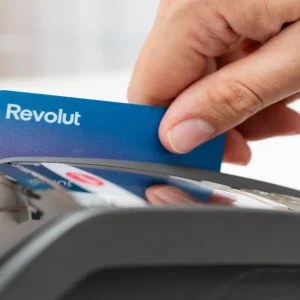17 men and six women aged between 22 and 58 have signed High Court documents admitting that they illegally shared 9,000 songs over peer-to-peer networks. The average fine was a hefty GBP2,200 each, with one person reported to have paid GBP4,500. It is thought that another three cases are still in negotiation.
The British Phonographic Industry (BPI) found that 15 of the accused used the Kazaa network, four used Imesh, two used Grokster, one used WinMix and one was on BearShare.
In a further assault on music piracy the BPI said it has filed suits against a further 31 suspects, although it added that only the most prolific file sharers were being tracked down.
It has been reported that the actions taken by the BPI, which began in October last year, are in direct response to those adopted by the Recording Industry Association of America (RIAA), who forced heavy penalties on US file-sharers.
The financial attack is intended to deter others from getting involved in similar activities and to offer a respite for the UK music industry, which claims that illegal downloading is damaging sales. Recent reports have suggested that singles sales have fallen by 50% since 1999, with the emergence of legal downloading sites such as iTunes and Napster facilitating the decline. However, rather than point the finger at such sites, the BPI said it is encouraging consumers to make use of the services.
Some critics oppose the move by the BPI, saying that sharing is a useful way to promote music. Others believe the actions by the BPI have been too extreme, but the record companies’ claim that its crackdown is having an effect, citing research which shows that illegal activity on Fast Track has fallen 45% from its peak in April 2003.
The International Federation of the Phonographic Industry added that worldwide file trades fell by 30m in 2004 to 870m, while the number of eDonkey servers is said to be down by 61% and BitTorrent users down by 66%, although no source was provided for this data.






